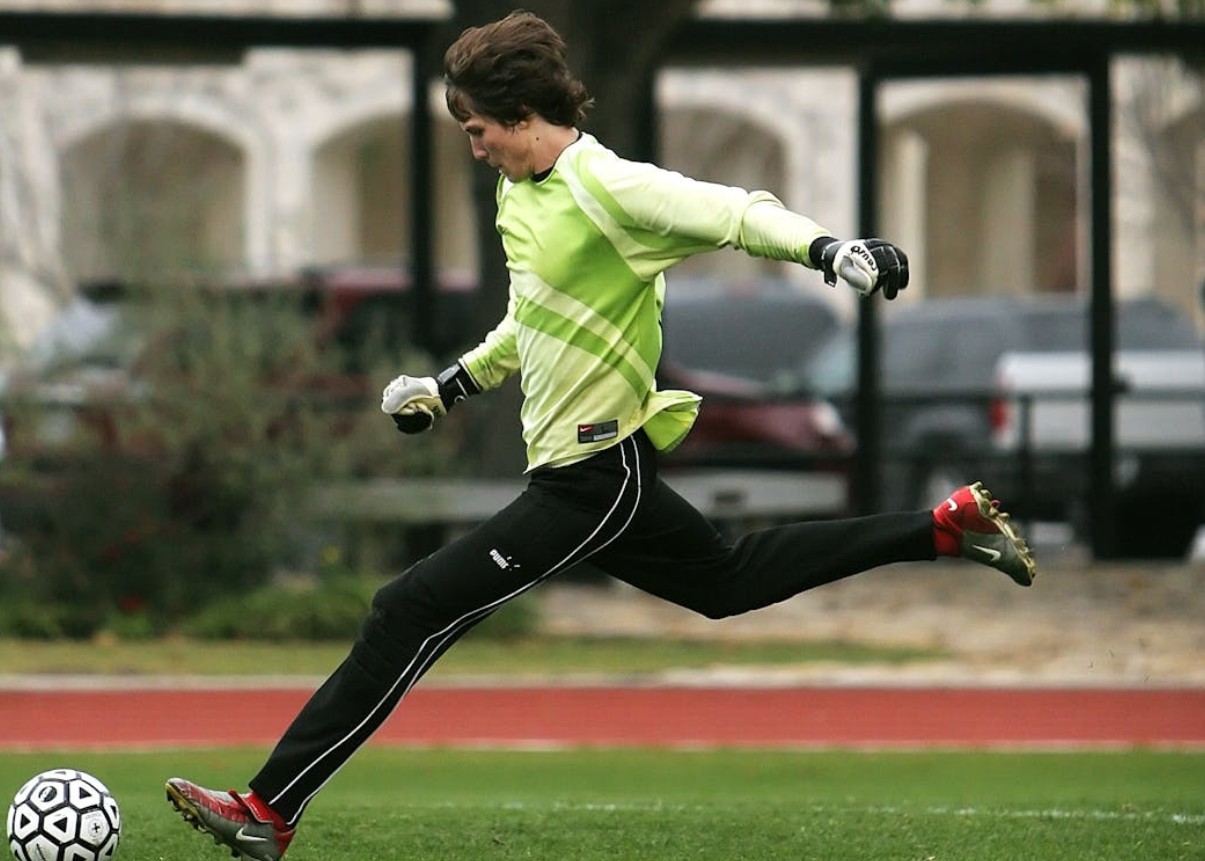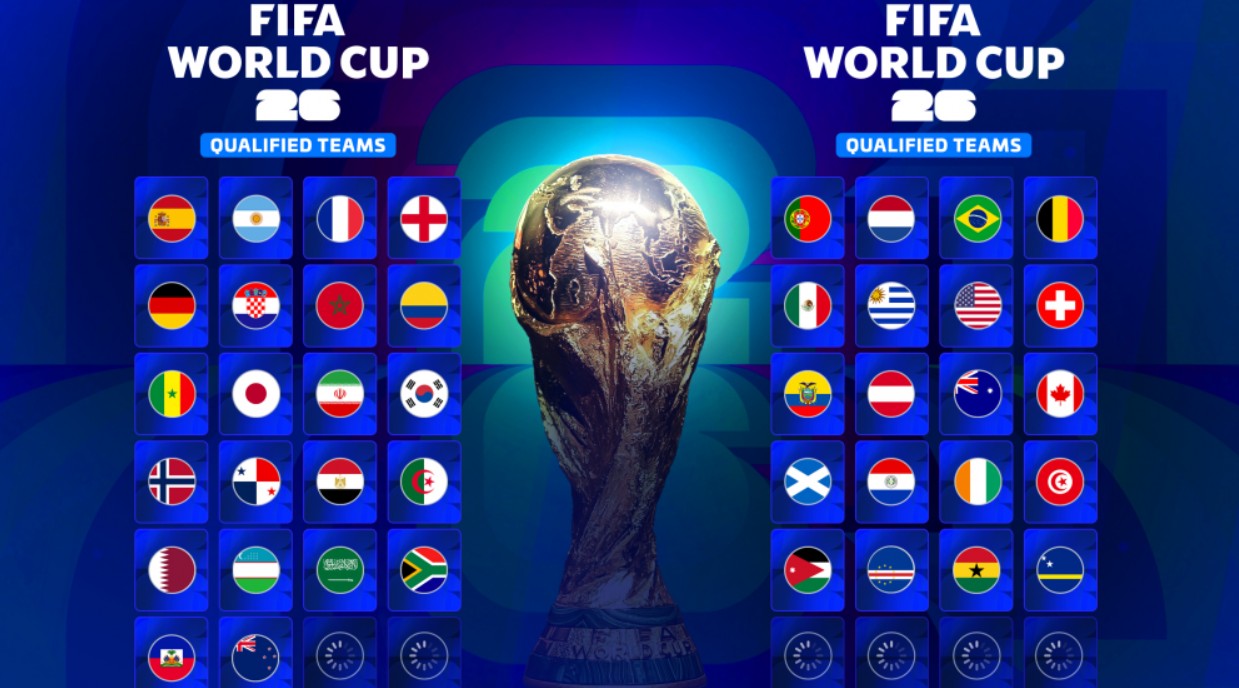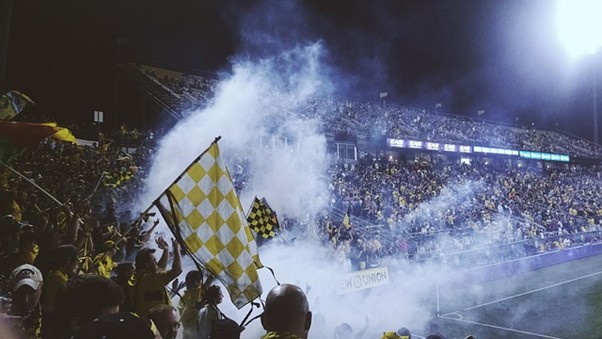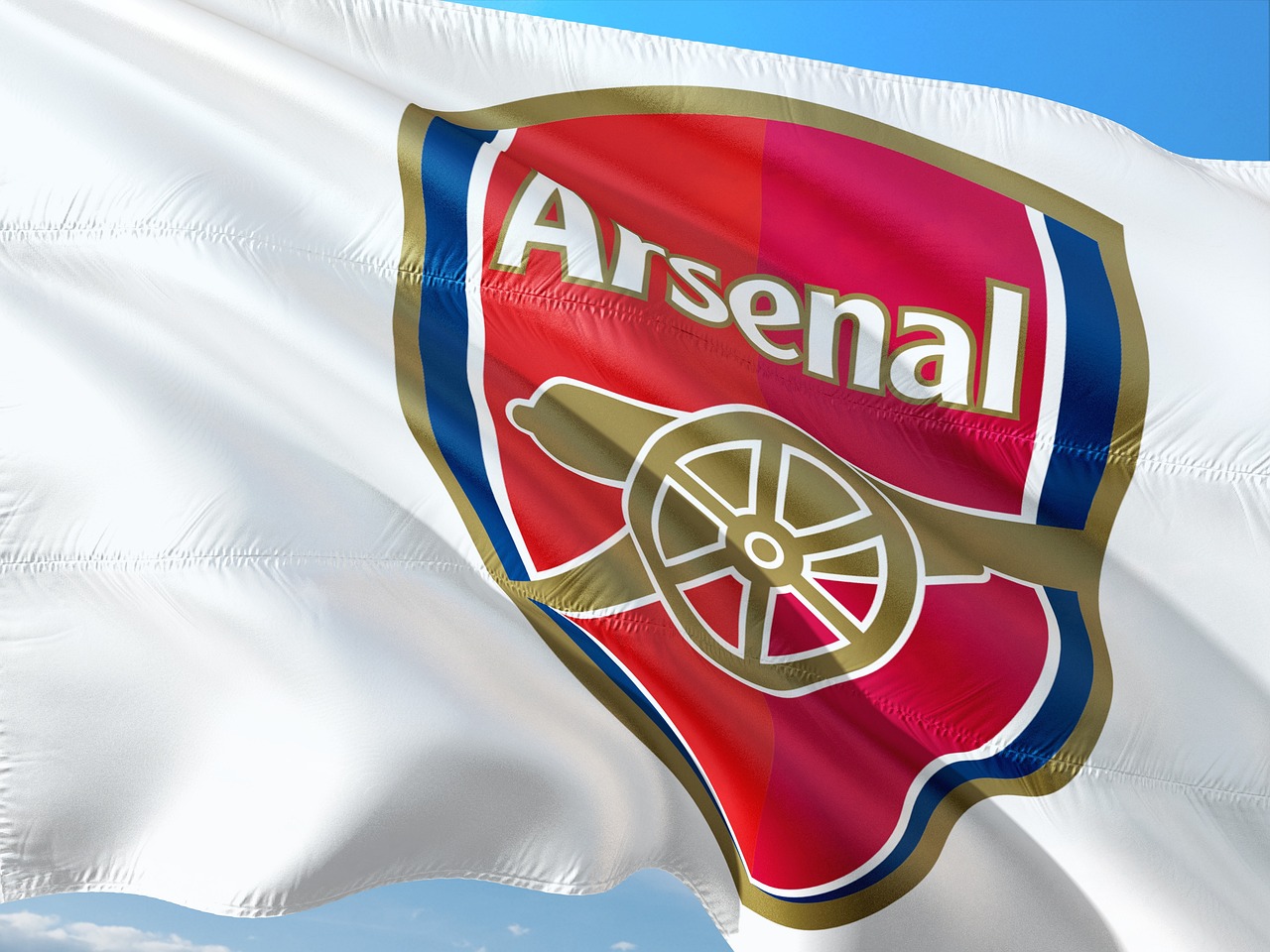Moments that change matches—and minds
Football thrives on unpredictability, where a sing

Football thrives on unpredictability, where a single moment can flip the narrative in seconds.It’s not just about a last-minute goal or a missed penalty—it’s about how these flashes of drama ripple through players, coaches, and fans alike.The tension builds with every pass and decision, then erupts in turning points that define not only the scoreboard but also the mindset and momentum of everyone watching or playing.This article digs into those unforgettable moments—showing how they don’t just decide matches, but reshape belief, emotion, and even football history itself.
From turning points to smart moves: the power of decision-making
In football, everything can change in the blink of an eye—a split-second decision by a manager, a player trusting their instinct, or a referee’s whistle that leaves both teams scrambling.I’ve watched matches swing wildly because of one bold substitution or a risky counterattack that pays off. These moments don’t just decide who wins; they test every ounce of judgment and nerve on the pitch.The real difference-maker is recognizing when the usual approach won’t cut it. Sometimes you’ll see a coach shifting formation mid-match, reading not just the opponent but also sensing his own team’s energy. I remember watching Italy’s women’s national team at Euro 2022—when their coach switched to three at the back after halftime, it completely changed their tempo and confidence.Players feel this too. You can spot when someone steps up for a shot outside the box—not always planned, but driven by sheer belief that this is their moment. And there are those contentious referee decisions: one penalty call can erase hours of strategy and force everyone to adapt instantly.If you want to sharpen your own match reading or betting instincts, learning how these decisions play out is key. For more on making smarter choices in football and beyond, check out smart betting.
Game-changers on the pitch: defining moments and their impact
Football is built on moments that can flip a match on its head.Think of the stoppage-time winner, a penalty miss, or a flash of red from the referee’s pocket—each has the power to change everything in an instant.What sets these events apart isn’t just the immediate effect on the scoreboard.It’s how they send shockwaves through both teams, shifting confidence, tactics, and even the mood of thousands watching from the stands or at home.The beauty—and cruelty—of football lies in these razor-thin margins where one action triggers a chain reaction. A late goal can crush hopes or spark belief. A single mistake might unravel weeks of preparation. And sometimes, what feels like a small call from the referee becomes legendary for all the right or wrong reasons.Understanding these turning points is key for anyone who loves football, because matches—and minds—are rarely decided by talent alone. It’s those split-second swings that stick with us long after the final whistle.
The psychology of momentum shifts
A single moment—a goal, a stunning save, or even a costly slip—can turn belief into panic or hope into certainty within seconds.I’ve seen matches where an underdog suddenly scores and you feel a jolt ripple through players and fans alike. The previously dominant side might lose its rhythm while adrenaline surges for their rivals.This isn’t just about tactics; it’s about how quickly confidence and doubt trade places. Coaches talk about “riding the wave,” knowing full well that momentum changes are often psychological before they’re tactical.Even outside stadiums, supporters sense when something big has shifted. That’s why managers shout instructions nonstop after major incidents—they’re trying to steady minds as much as shape formations.If you’ve watched your team go from leading to scrambling inside five minutes, you know: momentum isn’t imaginary—it’s as real as any stat line or possession graph.
Iconic comebacks and collapses
Certain games are remembered not for their skill level but for unforgettable swings in fortune—a missed penalty kick followed by an improbable comeback, or a team coasting before unraveling spectacularly.Liverpool’s 2005 Champions League final turnaround against AC Milan remains legendary not just for three quick goals but for how belief snowballed among players and fans. Conversely, look at France in Euro 2020 losing a lead to Switzerland in dramatic fashion; that sudden collapse stunned everyone watching.Momentum and Game Outcomes: A 2023 study published in the Journal of Applied Sport Psychology explores how psychological momentum—such as a comeback goal—can shift the confidence and morale of players, creating cascades that influence match outcomes and fan energy on and off the pitch.Whether it’s elation or agony, these turning points shape not just results but lasting memories across entire generations of supporters.
The role of the unexpected: red cards, VAR, and more
No amount of preparation can fully guard against unpredictability—a sudden red card changes everything instantly, forcing teams into new shapes while emotions run high.Modern technology adds another layer: VAR reviews can halt celebrations or restore hope after tense delays. I’ve witnessed games where decisions by video officials drained energy from thousands in seconds—or whipped up controversy that lasted for weeks afterward.It’s not only players who must adapt; coaches have to react with fresh plans while fans collectively hold their breath (or vent online). Sometimes luck tips things one way—a ball ricochets oddly; sometimes it comes down to interpretation from those wearing black shirts with whistles or monitors nearby.The unexpected keeps football raw and unscripted—which is precisely why we keep coming back for more each weekend.
Tactics, trust, and transformation: how coaches and teams respond
Football rarely sticks to the script. The best managers and teams know how to adapt on the fly when momentum shifts or a match suddenly turns.These moments call for quick thinking, steady leadership, and belief—both in the plan and in each other.It’s not just about tactics or talent. It’s about having the collective confidence to recover from setbacks or grab an unexpected opportunity before it slips away.
In-game adjustments: tactical tweaks and substitutions
I’ve seen matches swing on a single substitution or subtle change in formation. When a team concedes or loses a player, managers don’t have time to overthink—they need solutions fast.That might mean switching to three at the back for extra stability, adding a fresh winger to stretch tired defenders, or telling a midfielder to push higher up.The most effective changes aren’t always flashy. Sometimes it’s simply calming players down after conceding or encouraging fullbacks to overlap more aggressively. The key is reading the mood and needs of the match in real time.For fans, these choices look obvious only in hindsight. On the touchline, though, they’re high-pressure gambles with no guarantee of success—but that’s what separates great coaches from good ones.
Leadership under pressure
You can always spot true leaders when chaos hits—a captain rallying teammates after going down a goal or a coach reminding players of their strengths amid rising tension.This presence steadies nerves and keeps focus where it matters most: on the next play rather than dwelling on mistakes.Leadership and Team Resilience, a 2024 BMC Psychology study, found that transformational leadership—where coaches build trust and give players shared purpose—directly boosts resilience and unity at elite level. Teams led this way tend to respond positively under pressure instead of fracturing when tested.I’ve watched squads with strong leaders ride out tough spells that would unravel lesser teams. When belief comes from both the dugout and dressing room, players dig deeper together rather than pointing fingers apart.
Building a resilient team mentality
Bouncing back isn’t just about passion; it’s built into daily routines long before game day arrives. Coaches drill mental strength as much as tactics—reinforcing that setbacks are temporary but reactions define what comes next.I’ve noticed successful teams use every training session as practice for adversity: small-sided games where rules suddenly change, penalty shootouts after hard training runs—anything that mimics real-life pressure situations.Veteran players help here too. They model composure when things go wrong, showing younger teammates that panic gets you nowhere. Over time, these habits forge group resilience—a trait every winning side needs if they want to lift trophies instead of just dreaming about them.
Fans, fandom, and the emotional rollercoaster
Ask any lifelong supporter and they’ll tell you—the most unforgettable moments in football aren’t just about the scoreline.They’re about the collective rush of adrenaline when a late goal is scored, or the shared silence after heartbreak on penalties.These experiences don’t just pass through us. They shape how we see ourselves, our teams, and even our communities.Whether you’re crowded into a stadium or watching with family at home, these moments bind fans together in ways few other events can match.
Shared euphoria and heartbreak
The drama of football is as much in the stands as it is on the pitch. When a team snatches victory from the jaws of defeat, strangers become instant friends, hugging and cheering in ways they never would outside the stadium.I’ve seen entire neighborhoods light up with spontaneous celebration after a big win. On the flip side, crushing losses are felt deeply—grown adults sit stunned, kids cry, and whole pubs go quiet in unison.This rollercoaster isn’t just entertainment. It forges lasting connections among fans who ride those emotional waves together. That’s why so many supporters talk about “their football family”—because joy or heartbreak shared becomes part of who we are.
Narratives that last: turning points in football lore
Certain moments never fade from memory—they become stories told at every reunion and replayed on anniversaries for decades to come.A comeback against all odds or a last-gasp goal isn’t just celebrated once; it becomes woven into a club’s mythology. I still hear older supporters talk about matches from before I was born as if they happened yesterday.Fan Identity & Social Values: A 2023 cultural study highlights how football fans use social media and storytelling to construct group identity and reinforce social values, with key match moments playing a central role in the collective memory and long-term club mythology.
The social media effect: instant reaction, lasting impact
If there’s one thing that’s changed how we live through match-defining moments, it’s digital platforms. With every dramatic twist—be it a controversial penalty or an impossible save—the reactions flood Twitter and WhatsApp within seconds.One thing that impressed me during recent tournaments was seeing local memes catch fire internationally overnight. Viral clips give ordinary fans their own piece of football folklore to share—and sometimes even influence broader conversations about what happened on the pitch.The highs feel higher when thousands are celebrating alongside you online. And losses sting differently when your timeline is flooded with shared pain or gallows humor. In this way, social media doesn’t just record our reactions—it shapes what those moments mean long after the final whistle.
Conclusion
The most unforgettable moments in football aren’t just about the scoreline—they’re about the seismic shifts that ripple through players, coaches, and supporters alike.These turning points test strategy and nerve, fuel rivalries, and sometimes leave legends or heartbreak in their wake.When you understand how a single event can rewrite a match or unite an entire crowd, you see why football feels bigger than sport.Every last-minute winner or red card drama is a reminder of how quickly fortunes change—and why millions keep coming back for more.







